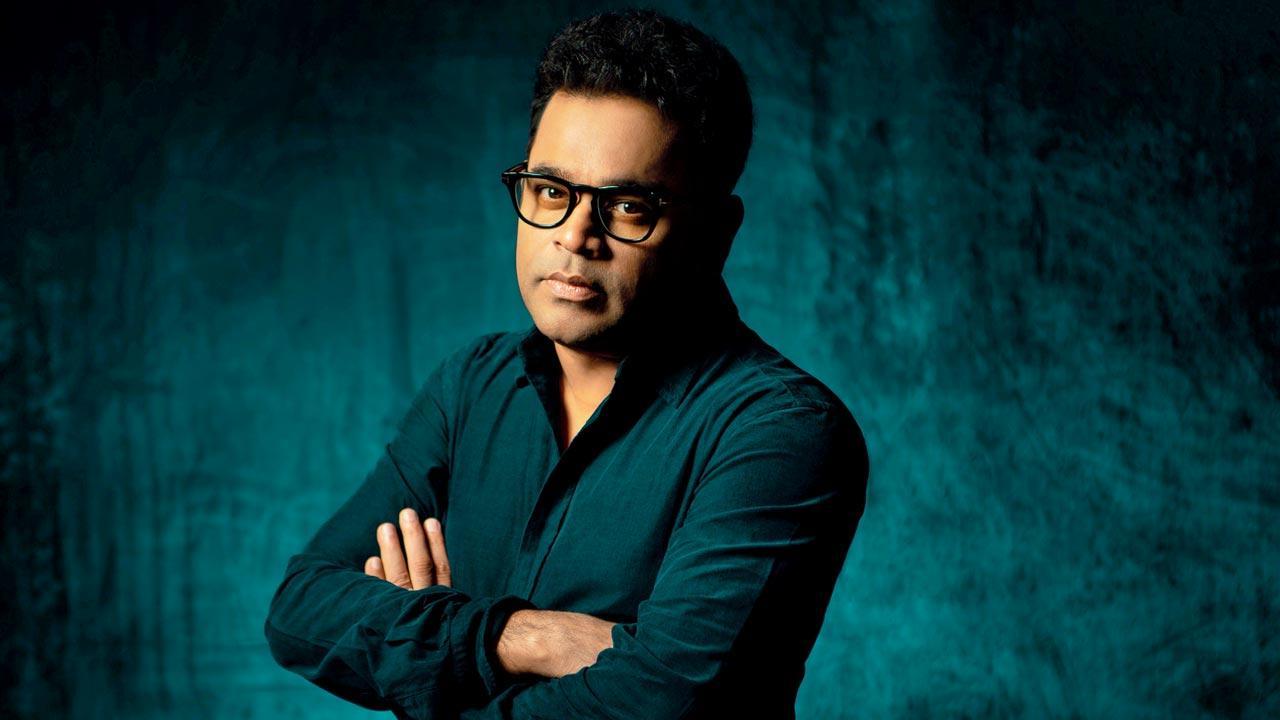Home / Entertainment / Web Series / Article /
AR Rahman: Complex issue required a nuanced approach
Updated On: 04 October, 2021 07:11 AM IST | Mumbai | Uma Ramasubramanian
Rahman on how his music style had to be altered as he created score for his first docu House of Secrets, based on the Burari deaths
Listen to this article :

AR Rahman
Leena Yadav knew two things for certain when she decided to helm House of Secrets: The Burari Deaths — that she wouldn’t adopt a sensationalist gaze to the infamous Burari deaths that had shocked the country. And, that only AR Rahman could bring the “emotional depth” required for such a project. The offering marks the maestro’s first attempt at scoring music for a documentary.
 A still from the series
A still from the series




